I have never had much choice but to challenge the status quo, because I have never quite fit into it. As a working-class, Black girl with a love for heavy metal, I have always had others tell me that I cannot do certain things because of my race and gender — that there are certain behaviours expected of me and predetermined ideas about my characteristics.
I never met those expectations, and it made me pretty unpopular. As a kid, I would sit in the library at lunchtime so I wasn’t alone in the playground, but something in me thought that was better than pretending to be someone I was not, just to be liked.
When I realised I was asexual, that was the icing on what was already a rather peculiar cake. I began to suspect that I was asexual when everyone else suspected that they were not, so during early puberty. It is always a confusing time for a young person, but especially when you realise your sexual orientation is different to most people.
Our society tells us that if you don’t experience attraction in a particular way, you won’t be able to live a complete, fulfilled life. The assumptions, stereotypes and expectations on not just how I was, but how my life would be, got even heavier at such a young age.
As an asexual person, I don’t experience sexual attraction towards anyone, regardless of their gender. I am also aromantic, so I don’t experience romantic attraction either. There’s a lot of stigma and misconceptions around those identities.
People assume there’s something physically or mentally wrong with you. From a young age, I had people tell me that I must be broken, sick, traumatised, deviant, or stunted somehow. Our society tells us that if you don’t experience attraction in a particular way, you won’t be able to live a complete, fulfilled life. The assumptions, stereotypes and expectations on not just how I was, but how my life would be, got even heavier at such a young age.
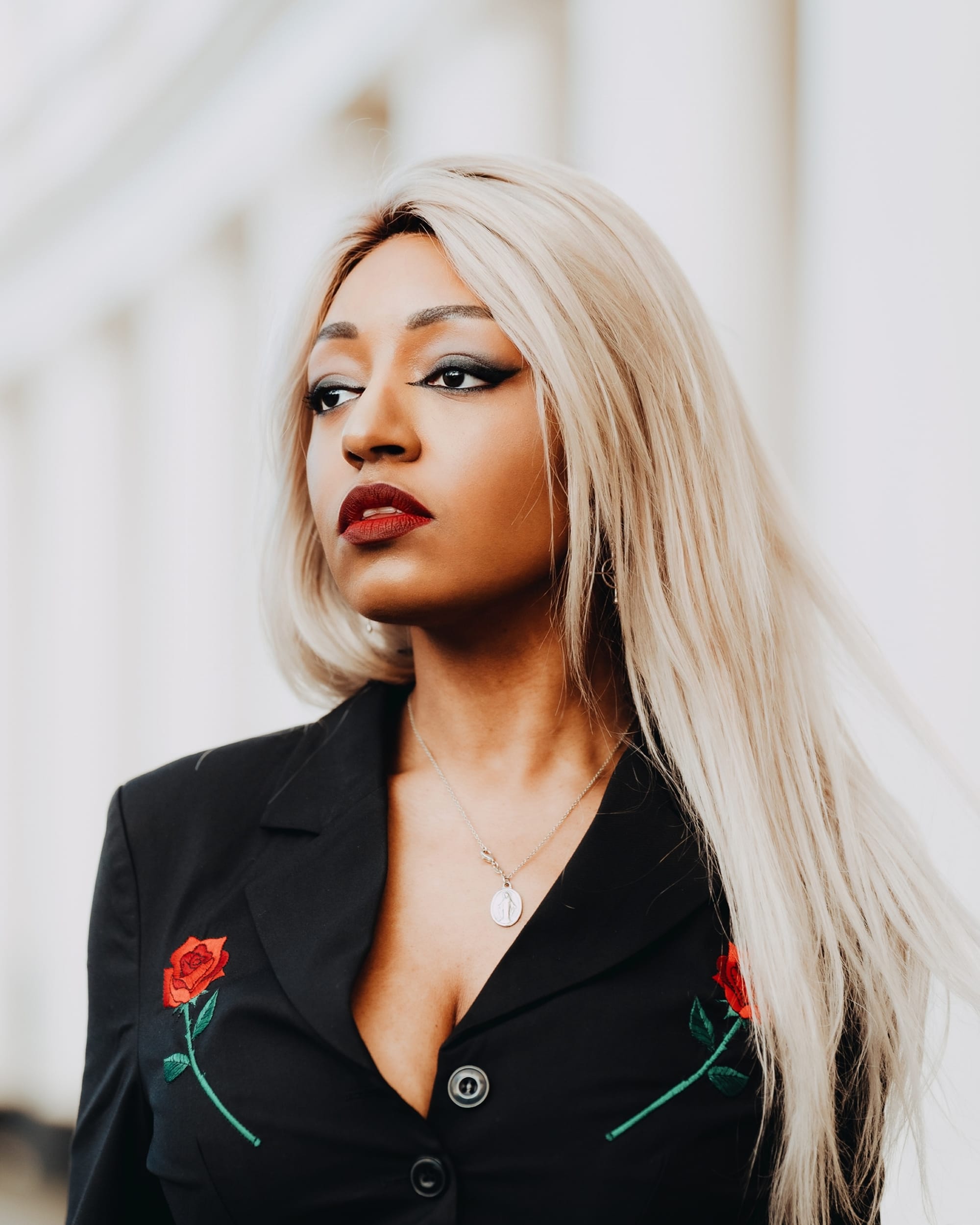
I used to look to others to see if anyone was going to provide representation for someone like me, but it never came, so I just decided to do it myself.
When I was a teenager, I started modelling to provide that representation for alternative Black girls. At the same time, conversations around asexuality were becoming more prominent, but kept going in circles. It never got past the 101; it was far from intersectional, and the preferred asexual representation was entirely white people. It meant that no one believed that someone like me could be asexual, and I questioned how accepted I’d be in the asexual community.
That was what made me decide to publicly come out as asexual and use my growing media platform to diversify the conversation. At the time, I definitely didn’t expect to become a leading voice for the asexual community.
I never aspired to be someone who is perceived as challenging or provocative, but I have never been afraid of that either. I just aspired to be myself and to make the world easier for others to do that, no matter the backlash.
I wasn’t looking to become an activist, but people were more interested than I expected. Instead of riding the wave, I started steering it in the direction I thought it needed to go. I was doing documentaries, speaking to politicians, working with activists all over the world, conducting groundbreaking research, debating at esteemed institutions, partnering with large charities, and campaigning for asexual inclusion in legislation. And the internet was mad at me for my outfits.
Perhaps naively, I didn’t expect that my work as a model would be controversial, but that challenges people’s expectations of how an asexual person is meant to be. Many think that asexual people should put no effort into their appearance, or they have a more ‘Sheldon Cooper-esque’ expectation of how we are. Only, it goes deeper than that. A lot of people were not ready for one of the most public asexual people to be a Black woman.
I inherently disrupted the ‘shy, quirky white girl’ or the ‘nerdy white guy’ assumption. Because of that, I have received countless hate comments, constant hypersexualisation, harassment and racism — sometimes even within the asexual community — because asexual people aren’t supposed to look like me. I have even had news channels running segments picking apart my physical features and saying that they are not ‘asexual enough.’
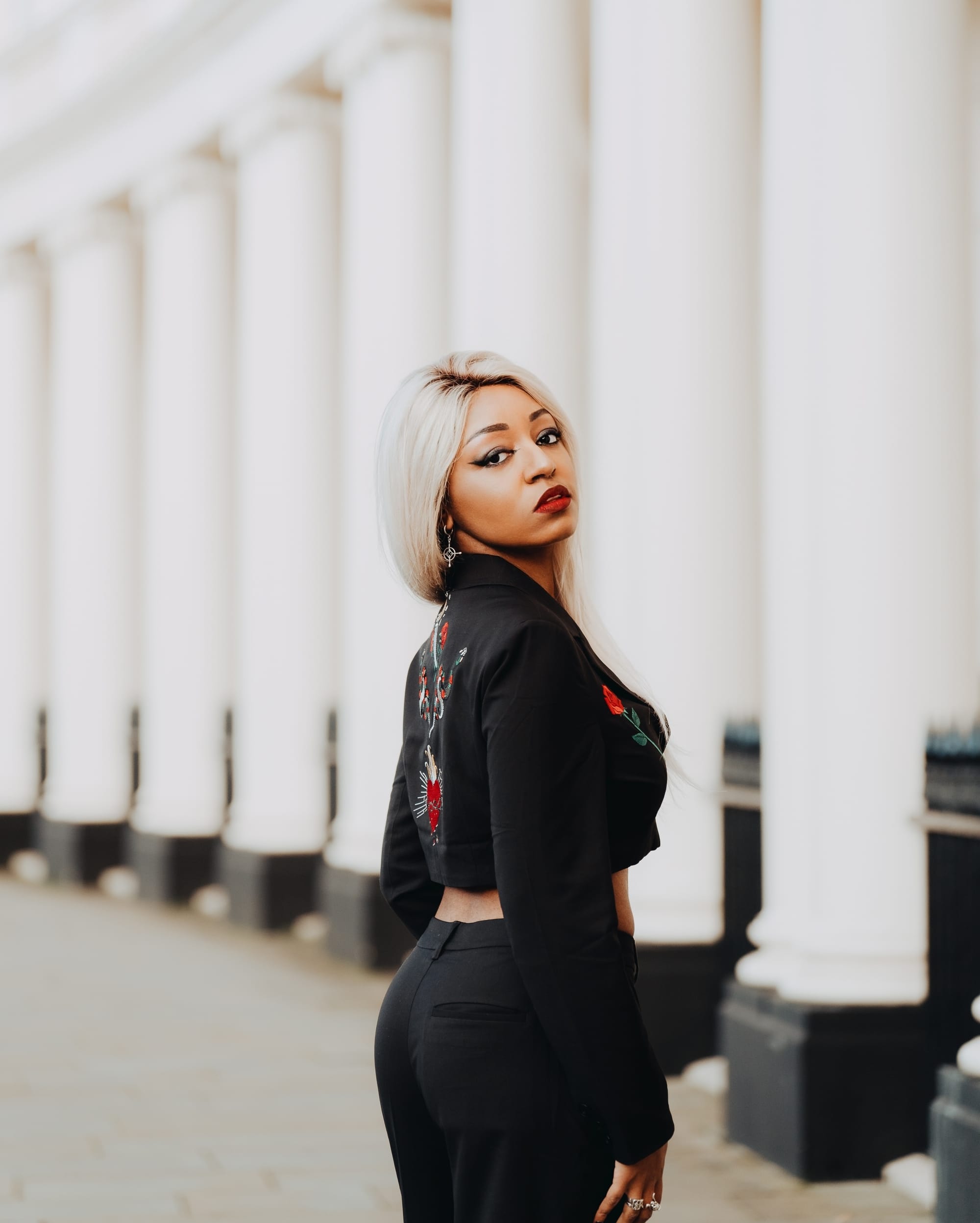
But this hate is what inspired me to start the #ThisIsWhatAsexualLooksLike campaign for diverse asexual representation, giving the agency back to the asexual community so we can represent ourselves. It was one of the first things I did as an activist, and it trended on social media platforms I had not even joined at the time, showing me the power of my voice. I have used all of the things I have been told to diminish about myself and turned them into a superpower that I use to make a difference.
One of my proudest achievements has been contributing to research on asexual experiences – particularly around medical discrimination and acephobia. My research has been used to educate healthcare professionals, influence public policy and raise awareness for acephobia. Most recently, the Liberal Democrats included asexuality in their LGBT+ agenda after our conversations, and I have started a visiting position at King’s College London. I am also really proud to have been NYC Pride’s first asexual grand marshal in 2023, and to be the first asexual person to lead Pride in London last year. It’s so important to be able to show asexual people that we are welcomed in the queer community.
I never aspired to be someone who is perceived as challenging or provocative, but I have never been afraid of that either. I just aspired to be myself and to make the world easier for others to do that, no matter the backlash, no matter the challenges it brings. Now, I realise that makes me a Disruptor, and I am proud of that.
Yasmin Benoit is a British model, multi-award-winning asexual activist, writer, speaker, consultant, researcher and campaigner. Described as the "unlikely face of asexuality" by Cosmopolitan Magazine, she quickly became a leading voice for the community after publicly coming out in 2017. She started the #ThisIsWhatAsexualLooksLike movement for diverse asexual visibility and representation and co-founded International Asexuality Day (April 6).
Yasmin was the first asexual grand marshal at NYC Pride 2023, and the first asexual person to lead Pride in London in 2024. Partnering with Stonewall, she released a groundbreaking report into asexual discrimination, and has since received a visiting fellowship position with King's College London's Policy Institute.

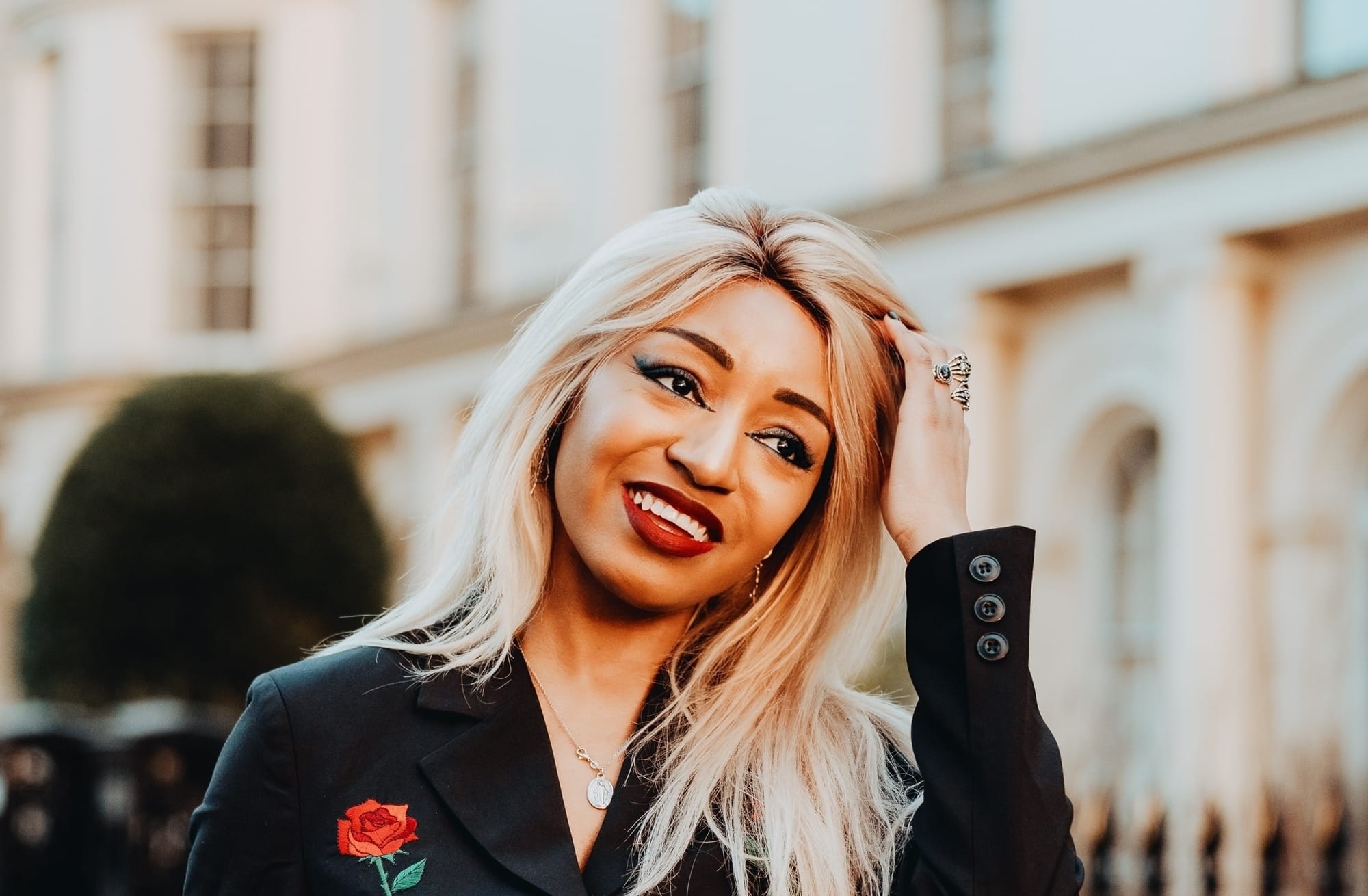
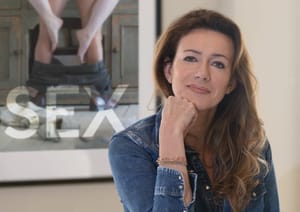
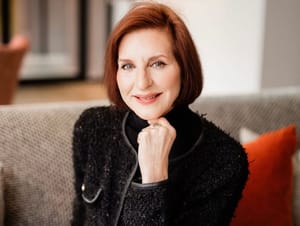
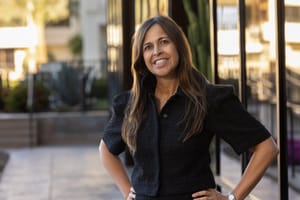
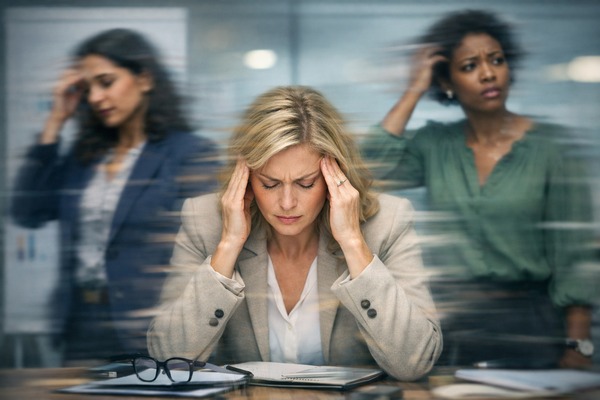


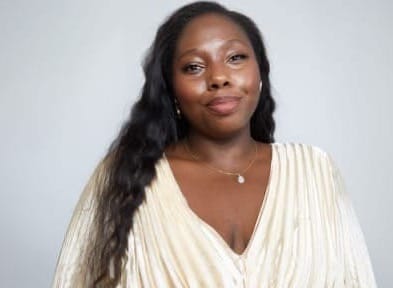

Member discussion